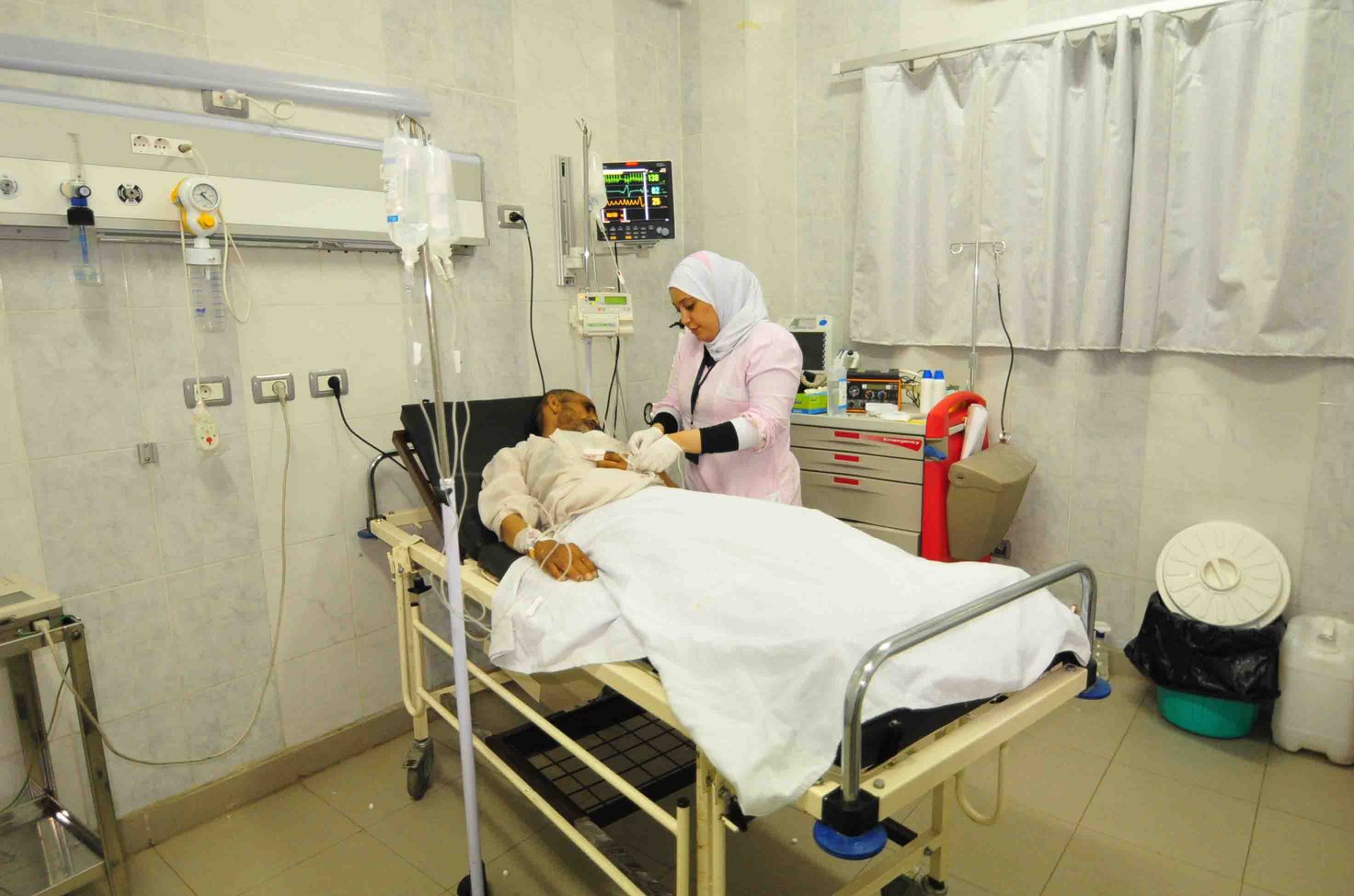CAIRO: The constitutional and legislative committee in the Shura Council started discussing President Hosni Mubarak s suggested amendments to the constitution, amid concerns that the changes would negatively affect political participation and election integrity.
The discussions that started on Wednesday, a day after Mubarak presented his suggestions, are to end on Jan. 9, to be debated at the general assembly of the Shura Council for three days.
The People’s Assembly is slated to debate the changes in the period from Jan. 16 – 20. Then the Shura Council is to vote on the results the parliament reached, although its role is consultative.
Parliament then takes back the list of changes and finalizes the format for the national referendum.
If the amendments are approved during the referendum, said Shura Council president Safwat El Sherif, the council s elections would be held according to the new changes.
Renewal elections for the Shura Councils and the municipal elections, which were postponed for two years in 2005, are both slated for 2007. The postponement of the latter was explained at the time as a reflection of the state’s concern about the rise of the Muslim Brotherhood, which holds 88 seats in the current Assembly.
But with the new amendments, the Brotherhood, which constitutes the strongest oppositional front, would see its powers curbed.
Article 5 of the constitution, according to the suggested amendments, outlaws the any political activity established on a religious basis.
In addition, the changes to the electoral system would ban the organization from any public activity, which enabled it to get the 88 seats in the first place. It would also limit the organization s chance of getting the required number of seats in representative councils that would enable it to field a candidate in the presidential race – the current Article 76 requires a presidential candidate to be endorsed by 250 members of all councils, whether in parliament, Shura or municipal.
In a system based on the concept of citizenship and political pluralism, it s dangerous to establish any political activity on a religious and ethnic bases, said El Sherif.
We have to learn the lesson from the surrounding countries to protect the nation . Any political participation on these bases means division and fighting, he added.
On the other hand, the Brotherhood announced they will do what it takes to prevent the amendments, in their current form, from seeing the light.
Aside from political participation, jeopardizing judicial supervision of elections raised its share of concerns.
El Sherif said the electoral committees, estimated at 53, 000, obstructs voting. Stressing that the committees should increase to 100,000, El Sherif said, the judiciary should have its sanctity, but this doesn t mean that there won t be judicial supervision of the elections but it will be in a certain form.
According to the suggested amendment to Article 88, elections would be held on one day and judicial supervision would be only over general committees.
The opposition fears the change would make it easy for the government to tamper with election results, especially that judges have stood up against the alleged fraud that took place during the 2005 legislative elections.
In general, oppositional movements didn t see a substantial change in the suggestions that would open the door for rotation of power and real political activity, although the president’s supporters see the suggestions as a positive step in Mubarak s road to political reform.

